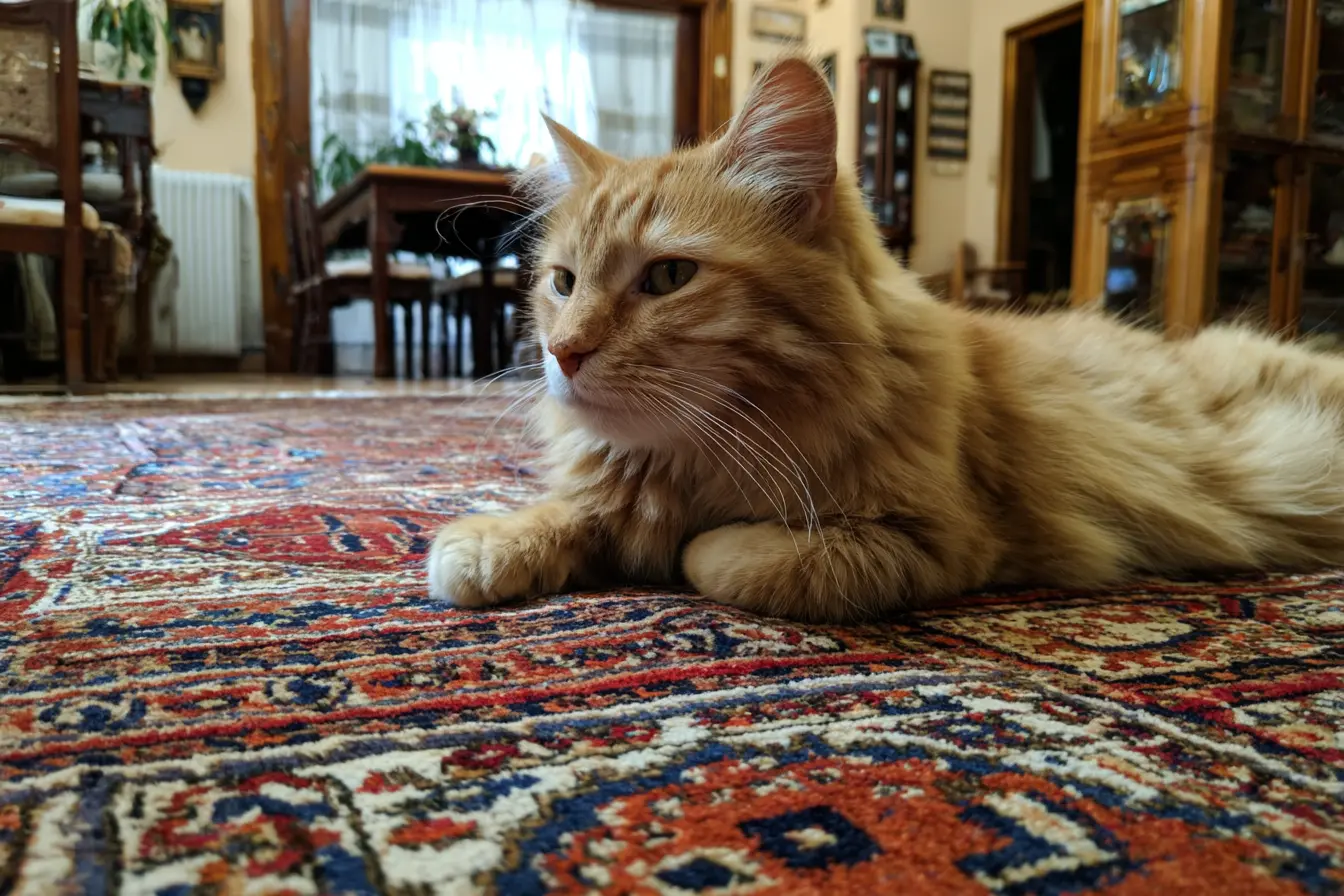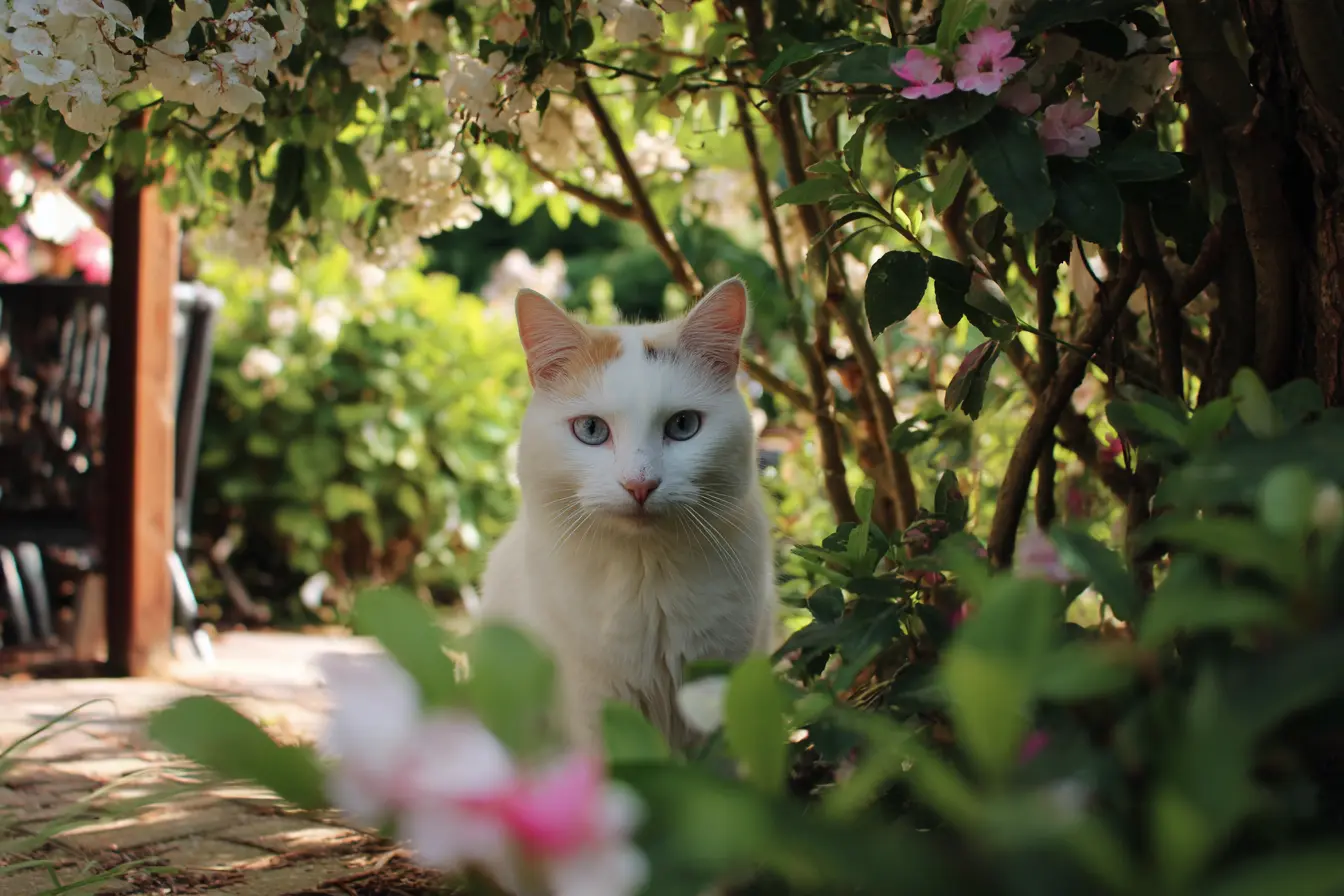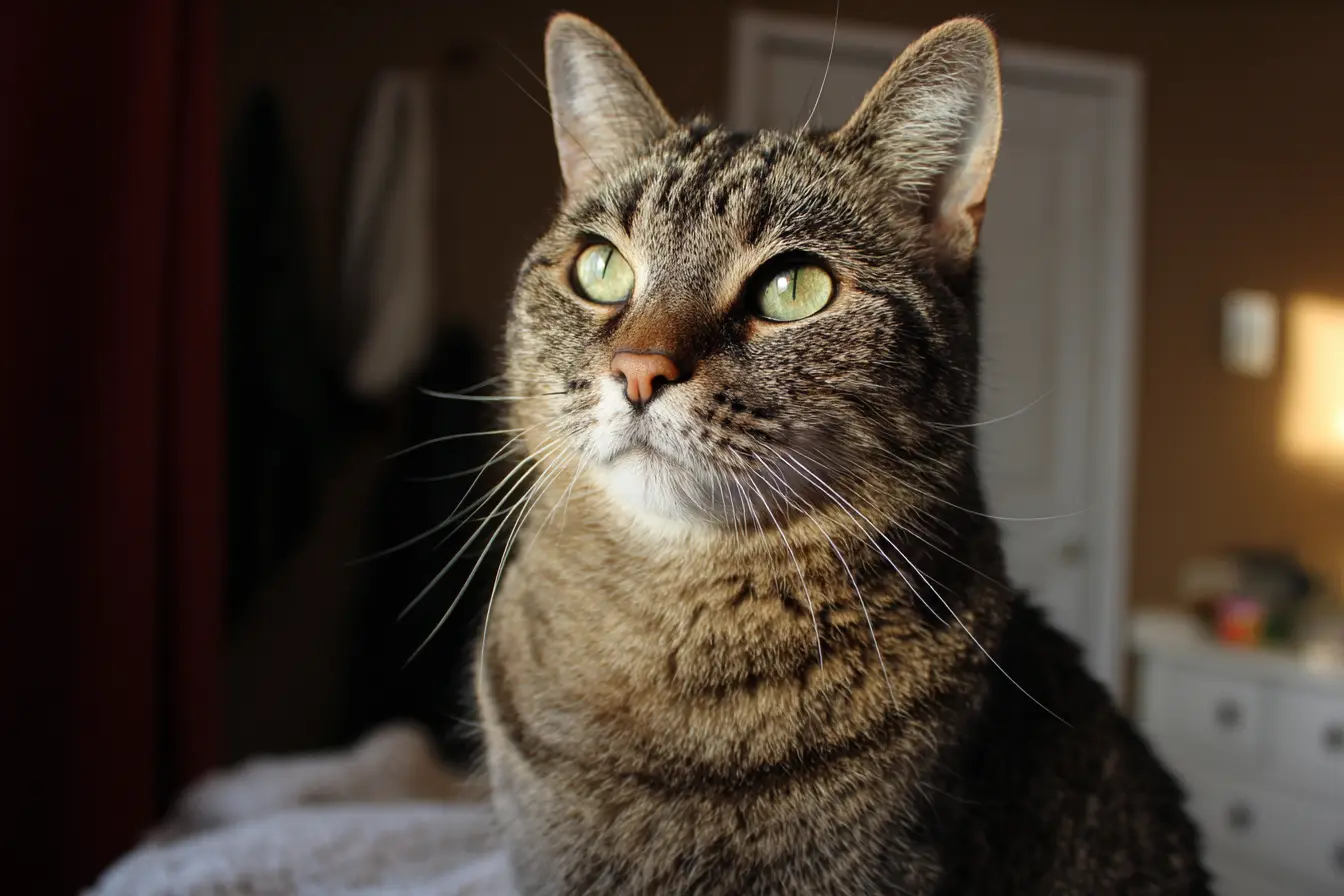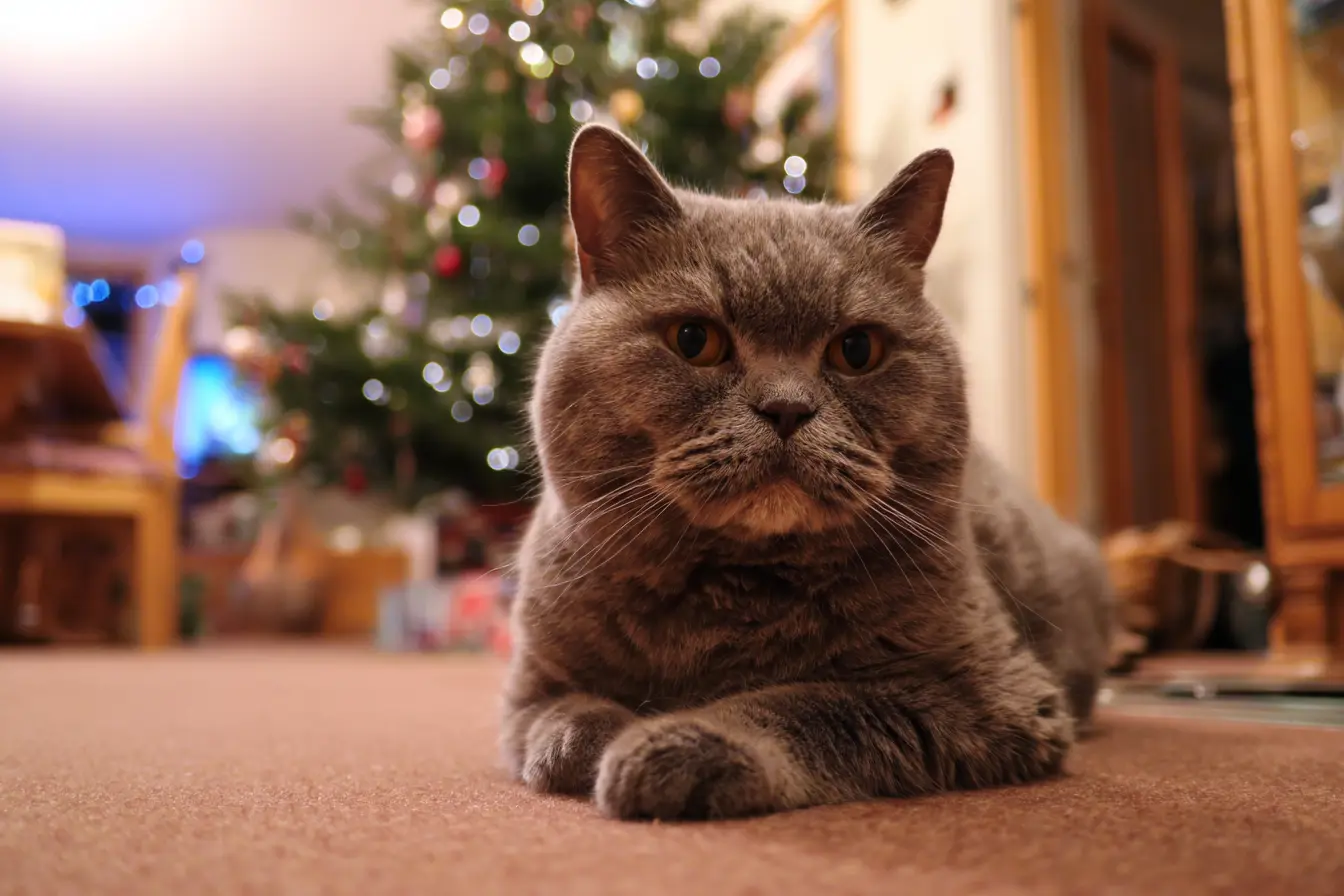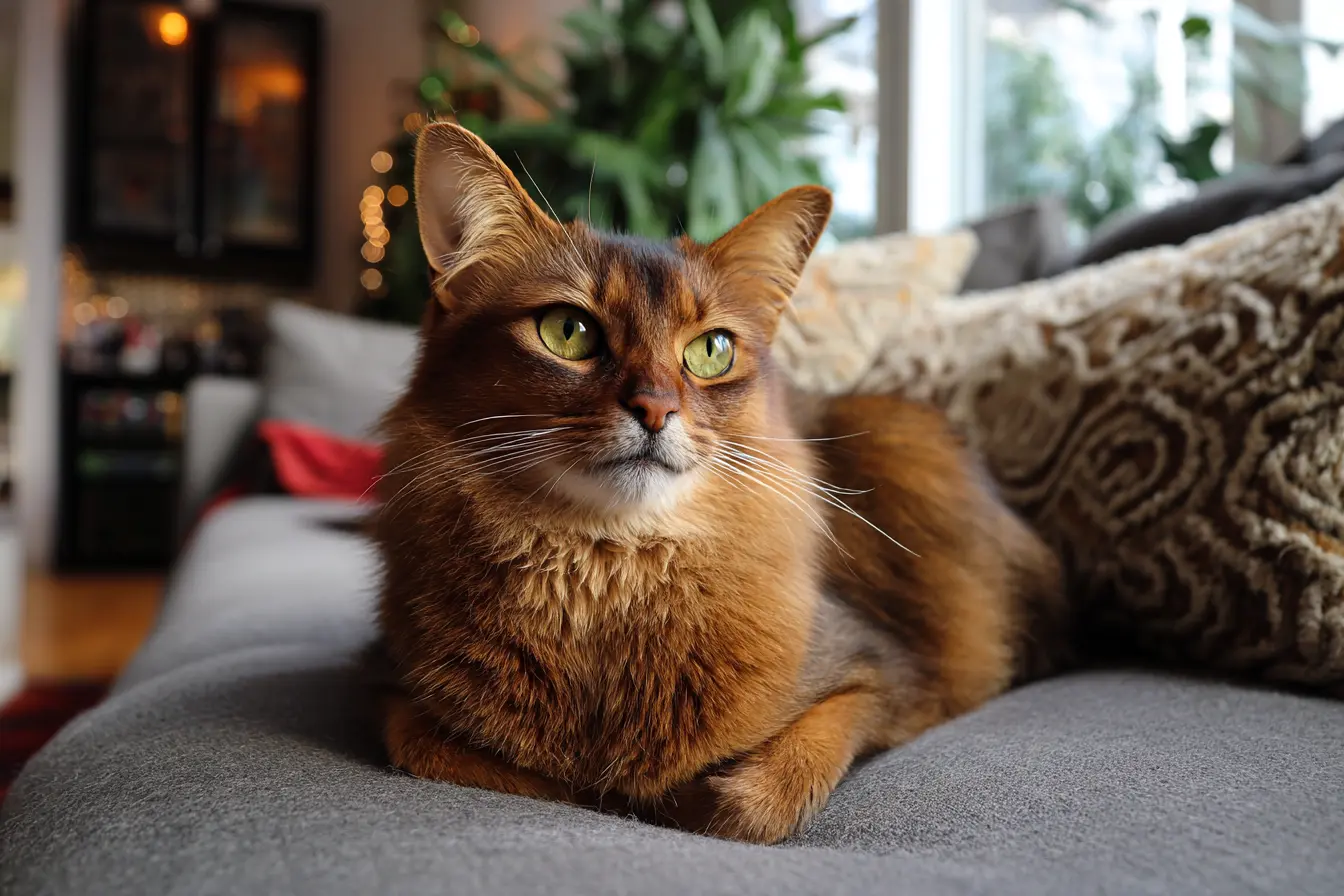
The Somali cat: an elegant and energetic companion
With its luxurious coat, fox-like tail, and animated personality, the Somali cat is a breed that combines striking beauty with high-spirited charm. Often described as the long-haired cousin of the Abyssinian, the Somali cat is intelligent, affectionate, and always up for an adventure. This guide takes a closer look at the Somali’s origins, temperament, care needs and suitability for modern households.
Breed history and characteristics
The Somali cat shares its ancestry with the Abyssinian. The breed’s long hair is the result of a recessive gene, which occasionally appeared in Abyssinian litters. Initially considered a fault, breeders eventually began developing the long-haired variant as a separate breed in the latter half of the 20th century. The name “Somali” was chosen to reflect its relationship to the Abyssinian, which was named after the historic region of Abyssinia (now Ethiopia) — with Somalia being its neighbouring country.
Somalis are medium-sized cats with a muscular yet graceful build. Their most recognisable features include:
- A soft, semi-longhaired coat with a characteristic “ticked” tabby pattern
- A full, bushy tail that resembles a fox’s brush
- Large, almond-shaped eyes in shades of green or gold
- Large, alert ears and a bright, intelligent expression
Their coat comes in a variety of rich, warm colours such as ruddy, red, blue and fawn, each with the distinctive ticking that gives the breed its unique glow.
Temperament
The Somali cat is often described as playful, curious and highly intelligent. These cats are active and enjoy climbing, exploring and being involved in every aspect of household life. They are not a breed to sit idly in a corner — they prefer perching high, playing games, and following their humans from room to room.
Despite their high energy, Somalis are also loving and loyal. They often form strong bonds with their families and enjoy both interactive play and quiet time curled up beside you. They’re sociable with people and often get along well with other cats and friendly dogs.
Somalis are known for their gentle voices and expressive body language. They’re not overly vocal, but they do like to “talk” and will often engage with you through soft chirps and gestures.
Health and lifespan
Somali cats are generally healthy and can live well into their late teens with proper care. However, like many pedigree breeds, they can be prone to a few hereditary conditions, including:
- Gingivitis and dental issues
- Progressive retinal atrophy (PRA)
- Pyruvate kinase deficiency (a blood enzyme disorder)
Reputable breeders will test for these conditions, so it’s important to choose one who prioritises the health of their breeding cats. Regular vet check-ups, a high-quality diet, and good dental hygiene will help maintain their long-term health.
Grooming and care
Despite their long, flowing coats, Somali cats are relatively low-maintenance in terms of grooming. Their fur is fine and soft with minimal undercoat, which means it’s less prone to matting than other long-haired breeds. A weekly brush is usually sufficient to keep their coat looking its best.
In addition to coat care, routine grooming should include:
- Nail trimming
- Ear checks and cleaning
- Brushing teeth or using dental treats
Somalis are clean cats and will appreciate a tidy litter tray and a peaceful feeding area.
Living environment
Somalis are best suited to homes where they have space to explore and places to climb. They love high vantage points, so cat trees, shelving and window perches are ideal. Because of their active nature, they benefit from a stimulating environment with puzzle toys, tunnels, and regular play sessions.
They are happiest when they have regular human interaction and can become bored or lonely if left alone for too long. For that reason, they often do well in households where someone is home during the day or where they have a feline companion.
While they can adapt to smaller homes or flats, they thrive in environments where they can move freely and satisfy their natural curiosity.
Training and socialisation
The Somali’s intelligence and eagerness to engage make them excellent candidates for training. They can learn tricks, play fetch, walk on a harness, and use interactive feeders. Clicker training works well with this breed, especially when paired with treats and praise.
Early socialisation helps Somali kittens grow into confident, well-mannered adults. With proper introductions, they usually get along well with other pets and are welcoming to new people.
Considerations for prospective owners
- Somali cats are highly active and need regular mental and physical stimulation
- They are affectionate but not lap cats in the traditional sense — they prefer to be near you rather than on you
- Their coat is easy to manage but still benefits from weekly grooming
- They thrive on companionship and may not suit households where they’ll be left alone for long periods
Conclusion
The Somali cat is a captivating blend of beauty, intelligence and energy. With their expressive faces, luxurious coats, and zest for life, they bring a touch of elegance and endless entertainment into any home. For those who can offer time, enrichment and affection, the Somali is a loyal and joyful companion that will reward you with years of playful companionship.
If you’re thinking about welcoming a Somali into your family, be sure to meet the breed in person and speak with reputable breeders or rescue organisations. As with any pet, adopting a cat is a lifelong commitment — one that, with a Somali, promises to be vibrant, affectionate and full of charm.
Vets near you
Speciality vets
- Aquatics vet specialists
- Birds vet specialists
- Camelids vet specialists
- Cats vet specialists
- Cattle vet specialists
- Deer vet specialists
- Dogs vet specialists
- Equines vet specialists
- Exotic vet specialists
- Goats vet specialists
- Pigs vet specialists
- Poultry vet specialists
- Sheep vet specialists
- Small Mammals vet specialists
- Wild vet specialists
Vet facilities
- Accessible by public transport
- Blood testing
- Car park nearby
- Client car park
- Dentistry
- Diagnostic imaging
- Disabled public access
- Flea and worm treatments
- Microchipping
- Mobile services
- Neutering
- Open at weekends
- Out-of-hours service
- Referral interests
- Referrals only
- Street parking outside
- Toilets available
- Vaccinations
